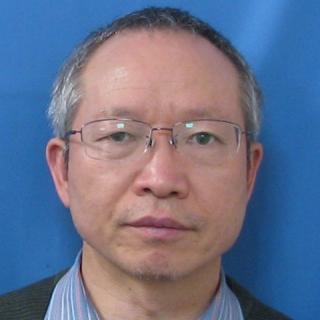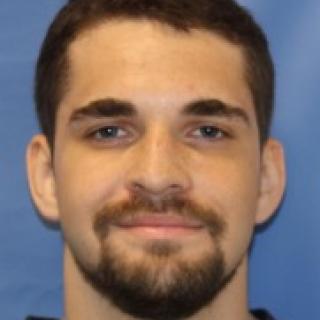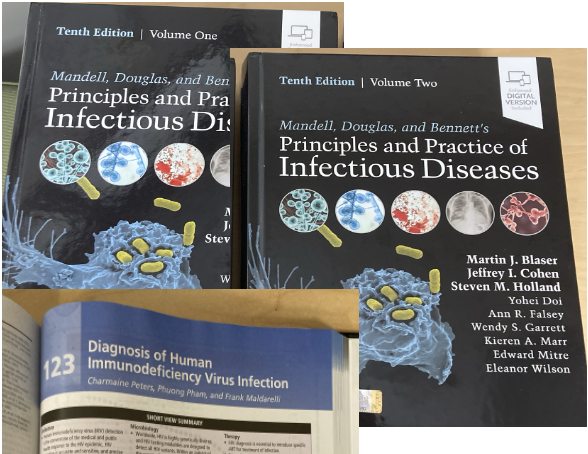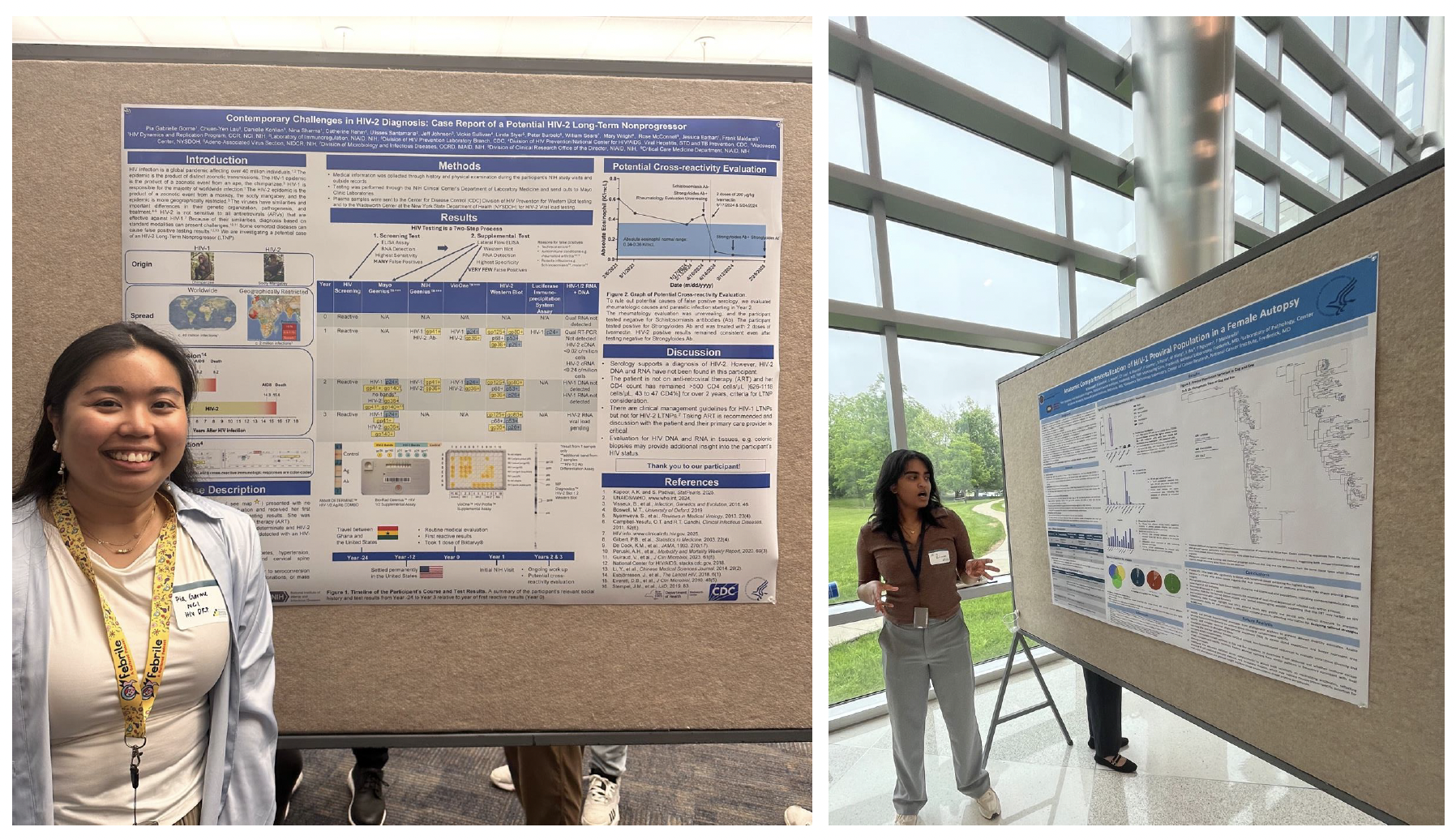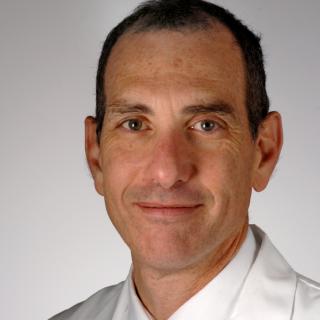
Frank Maldarelli, M.D., Ph.D.
- Center for Cancer Research
- National Cancer Institute
- Building 535, Room 108E
- Frederick, MD 21702-1201
- 301-846-5611
- fmalli@mail.nih.gov
RESEARCH SUMMARY
Dr. Maldarelli heads the Clinical Retrovirology Section, which develops and implements clinical protocols to elucidate mechanisms underlying the emergence of HIV drug resistance in vivo, the dynamics of infection under treatment, and the role of resistance mutations in the efficacy and failure of subsequent treatments. Representing the clinical research arm of the HIV Dynamics and Replication Program (HIV DRP), Dr. Maldarelli is an Attending Physician in the NIH NIAID/CCMD HIV Clinic and has established extensive collaborations between the HIV DRP in Frederick and both the NCI HIV and AIDS Malignancy Branch and the NIAID HIV clinical research program in Bethesda.
Areas of Expertise

Frank Maldarelli, M.D., Ph.D.
Clinical Trials
Research
Clinical Studies of HIV Drug Resistance
The Clinical Retrovirology Section develops and implements clinical protocols to elucidate mechanisms underlying the emergence of HIV drug resistance in vivo, the dynamics of infection under treatment, and the role of resistance mutations in the efficacy and failure of subsequent treatments.
In the first of three projects conducted by the Clinical Retrovirology Section, our goal is to determine the dynamics of viral replication in HIV-infected patients on suppressive antiretroviral therapy (ART). These studies are being extended in clinical trials performed at NIH and elsewhere to determine the levels of viremia when treatment regimens are either simplified or intensified. We are also exploring new strategies to decrease reservoirs of HIV-1 in infected individuals.
In a second research project, we are investigating the genetic structure of HIV populations in infected individuals. We are using the single-genome sequencing technology developed by the Translational Research Section to analyze and understand the accumulation of genetic variation in the gag/pol and env genes of HIV-1 in a number of different patient groups, including chronically infected patients, both naive and on therapy, as well as in primary and early HIV-1 infection. We are complementing existing single-genome sequencing and allele-specific PCR assays with next-generation sequencing and new single-cell assays for cell-associated HIV RNA and DNA. We are determining precise estimates of the roles of population size, genetic drift, selection, and recombination in shaping HIV populations. The goal of this study is to understand the nature of the forces (mutation, selection, drift, recombination) that mold the genetic diversity of virus populations before and after ART is introduced.
The third project is focused on elucidating the mechanisms of persistent viremia in vivo. We are conducting clinical trials of targeted interventions to characterize HIV reservoirs in individuals suppressed on ART. We are determining the role of generalized immune activation and gut-associated lymphoid tissue (GALT) on persistence using nonabsorbable antibiotics to specifically reduce gut bacteria, and studying the effects of specific antigenic activation on HIV using immunization and sampling protocols. We are also investigating the role of target cell number on HIV reservoirs by studying the effects of cytotoxic chemotherapeutics on HIV viremia, and we are investigating the role of innate immunity in HIV persistence by studying the effects of the innate immune modulator interferon alpha 2b.
Publications
- Bibliography Link
- View Dr. Maldarelli's PubMed Summary
- View Dr. Maldarelli's ORCID Bibliography
Dynamic shifts in the HIV proviral landscape during long term combination antiretroviral therapy: Implications for persistence and control of HIV infections
Combined HIV-1 sequence and integration site analysis informs viral dynamics and allows reconstruction of replicating viral ancestors
No evidence of ongoing HIV replication or compartmentalization in tissues during combination antiretroviral therapy: Implications for HIV eradication
Clonally expanded CD4+ T cells can produce infectious HIV-1 in vivo
HIV latency. Specific HIV integration sites are linked to clonal expansion and persistence of infected cells
Biography
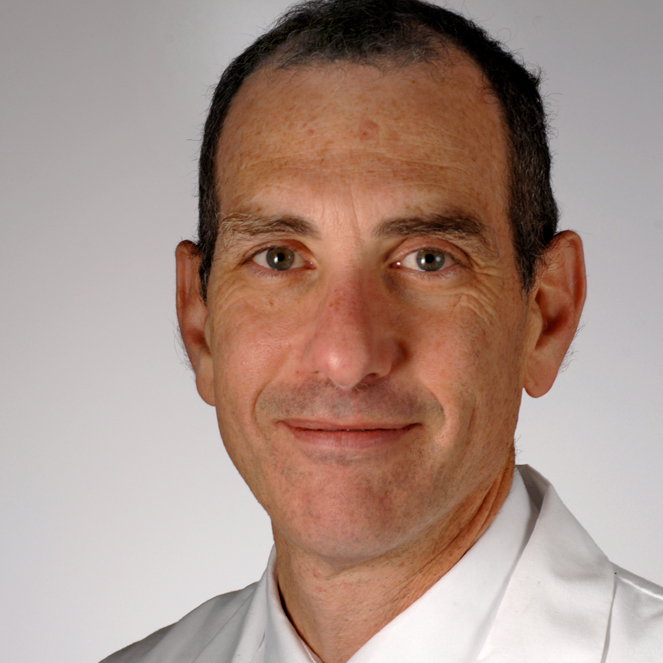
Frank Maldarelli, M.D., Ph.D.
Dr. Frank Maldarelli received his Ph.D. from the City University of New York and his M.D. from Mount Sinai School of Medicine. After completing his residency in internal medicine at The Columbia-Presbyterian Hospital, New York, he joined the Laboratory of Molecular Microbiology at the National Institute of Allergy and Infectious Diseases (NIAID) as a Medical Staff Fellow. In 1998, Dr. Maldarelli joined the HIV Drug Resistance Program (HIV DRP, renamed the HIV Dynamics and Replication Program in 2015) in the National Cancer Institute (NCI) as a Staff Clinician and Head of the In Vivo Biology Group, which was later renamed the Clinical Retrovirology Section. In 2012 he was appointed as a Tenure-Track Investigator, and he was promoted to a tenured Senior Investigator position in 2018. Representing the clinical research arm of the HIV DRP, Dr. Maldarelli has established extensive collaborations between the HIV DRP in Frederick and both the NCI HIV and AIDS Malignancy Branch and the NIAID AIDS clinical research program in Bethesda. He is an Attending Physician in the NIAID/CCMD HIV service, the NCI Liaison to the Leidos HIV Molecular Monitoring Core, and a Scientific Committee Member of the International Workshop on HIV Drug Resistance. He served on the NIAID Institutional Review Board (as Chair and Vice-Chair), NIH Infectious Disease Advisory Board, Scientific Advisory Committee of the American Federation for AIDS Research, and Review Panel for the Henry M. Jackson Foundation for the Advancement of Military Medicine. He was a faculty member of the International Society of Infectious Diseases HIV Training Program, NIH Infectious Disease Consult Service, and Center for Bio-Medical Communications Infectious Disease Board Review Course and a lecturer in the Washington D.C. community outreach PACT Program. His awards include the NCI Leading Diversity Award in 2010, NIH Director’s Group Award in 2015, Center for Cancer Research (CCR) Group Award in 2016, and multiple Staff Recognition, NIH Bench-to-Bedside, and Intramural AIDS Targeted Antiviral Program (IATAP) awards. Dr. Maldarelli is a member of a number of committees, and he chairs the CCR Non Human Primate Scientific Review Committee, Data Safety Monitoring Board for the GRAVITY Study, and Tenure Track Selection Committee for Critical Care Medicine. He currently serves on the Editorial Board of the Journal of Virology.
Job Vacancies
We have no open positions in our group at this time, please check back later.
To see all available positions at CCR, take a look at our Careers page. You can also subscribe to receive CCR's latest job and training opportunities in your inbox.
Team
News
Frank Maldarelli publishes a chapter in “Principles and Practices of Infectious Diseases"
Former lab members Charmaine Peters and Phuong Pham also contributed to this chapter . Well done team!
Frank Maldarelli and Feng Li attend CSHL Retrovirology Meeting 2025
Feng Li was selected to give oral presentation at the 2025 Cold Spring Harbor Laboratory Retrovirology Meeting.
Poster Presentations at NIH Summer Poster Day 2025
Pia Gorme and Afra Rahman showcased their research to the NIH community at the summer poster day in Bethesda (2025).
Chuen-Yen Lau receives Staff Scientist Staff Clinician Outstanding Mentor Award
Chuen-Yen Lau was selected as one of the 2025 Staff Scientist Staff Clinician Outstanding Mentor Award. She received the award at the recent Staff Scientist Staff Clinician Retreat. Each nomination for this award requires submission of a narrative from a current or recent fellow. Chuen-Yen was nominated by postbacs Nina Sharma and Pia Gorme.
Keynote Speaker Frank Maldarelli at World AIDS Day 2024
Frank Maldarelli - keynote speaker at World AIDS Day 2024 "Ending the HIV Epidemic: Progress, Obstacles, and Unshakable Commitment". Available to watch here.
Maria Nikolaitchik and Frank Maldarelli publishes in mBio
In collaboration with Wei-Shau Hu's lab, Maria Nikolaitchik and Frank Maldarelli publish in the journal mBio, showing HIV-1 transcription start sites usage and its impact on unspliced RNA functions in people living with HIV (2024). This work was also done in collaboration with Vinay Pathak and Robert Gorelick (FNL).
- HIV-1 transcription start sites usage and its impact on unspliced RNA functions in people living with HIV. mBio Dec 27:e0357624.
Frank Maldarelli delivers a talk at Malcolm A. Martin's Retirement Symposium 2024
Frank Maldarelli delivered a talk celebrating Malcolm A. Martins's sixty yeats of virus research. Available to watch here.
Poster Presentation at the NIH HIV Structural Biology Meeting 2024
Feng Li (post-doc) presented a poster at the 2024 HIV Structural Biology Meeting at NIH-Bethesda. A VideoCast is available here.
Maldarelli lab at CSHL Retrovirology Meeting 2024
Annemarie Glassey (post bac) and CY Lau (associate research physician) gave oral presentations at the 2024 Cold Spring Harbor Laboratory Retrovirology Meeting.
Photo of Maldarelli lab (with others) at CSHL.
Intramural AIDS Research Fellowships
Intramural AIDS Research Fellowship (IARF) awards from the Office of AIDS Research, Office of Intramural Research, and Office of Intramural Research & Training in the National Institutes of Health include full stipend support to successful candidates who demonstrate outstanding scientific potential through both an imaginative and thoughtful research plan and a well thought out career development plan.
Thuy Nguyen received an IARF award in 2024 to support her research project.
New Investigator Scholarships, Conference on Retroviruses and Opportunistic Infections
Annemarie Glassey was awarded a New Investigator Scholarship to present her research findings at the 2024 Conference on Retroviruses and Opportunistic Infections (CROI). Additional members of the Maldarelli presented their posters; Feng Li, Thuy Nguyen and Chuen-Yen Lau.
CROI scholarship awardees in previous years include Kristi Huik (2020), Elizabeth Anderson (2018) and Camille Lange (2018, 2017), Sarah Watters (2015), and Francesco Simonetti (2014).
Travel Award, Fall HIV/AIDS & Cancer Virology Think Tank Meeting
Chuen-Yen Lau won a $1000 travel award for her outstanding talk at the 2022 Fall HIV/AIDS & Cancer Virology Think Tank Meeting. This annual Think Tank meeting on the NIH-Bethesda campus provides a venue for students, postdoctoral fellows, and staff scientists to present emerging work and hypotheses in the field of cancer virology. The Think Tank travel awards are provided by the Center of Excellence in HIV/AIDS & Cancer Virology, Center for Cancer Research, NCI.
Previous winnner from the Maldarelli lab include: Paula Rote (2017)


